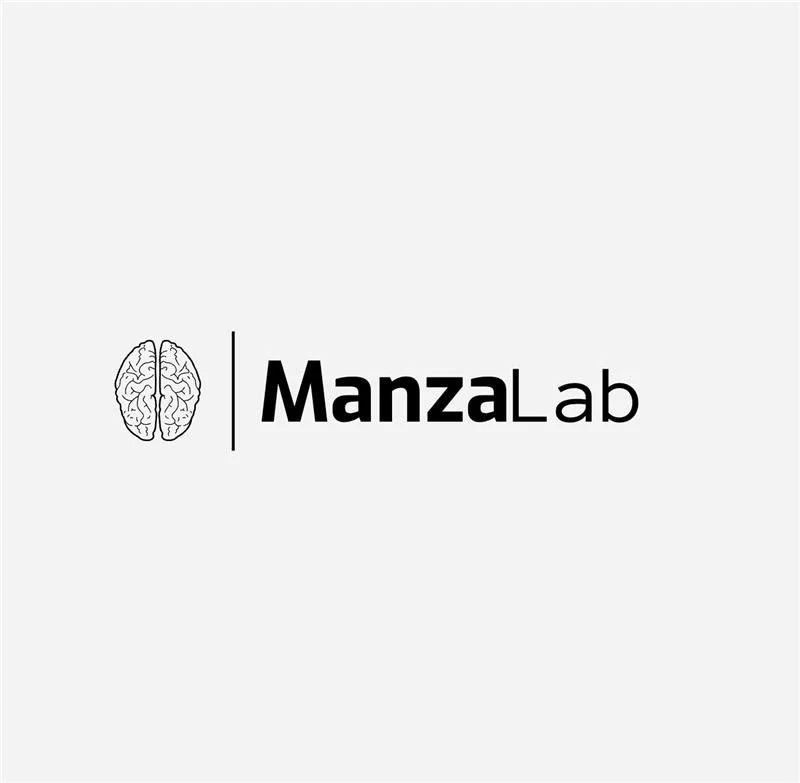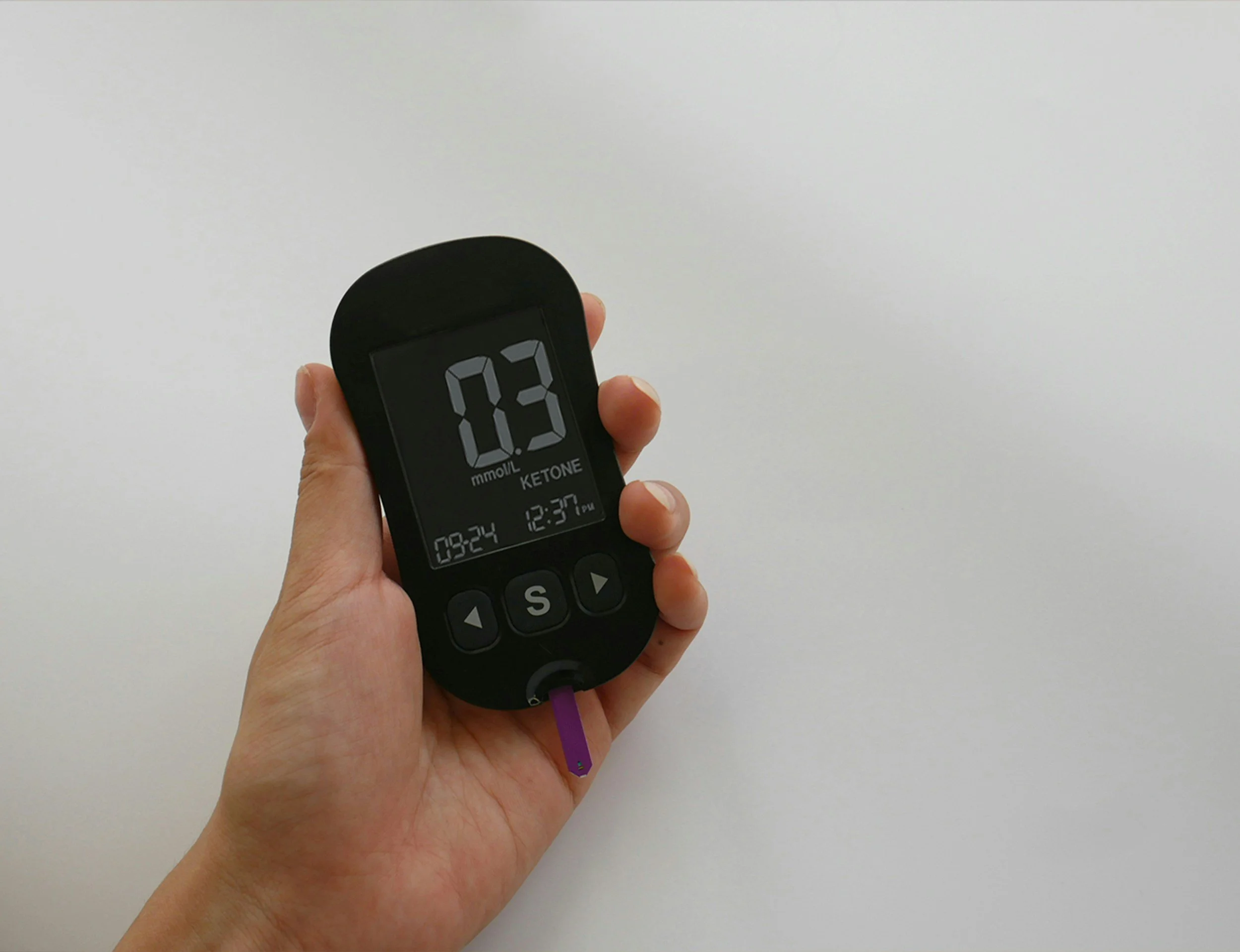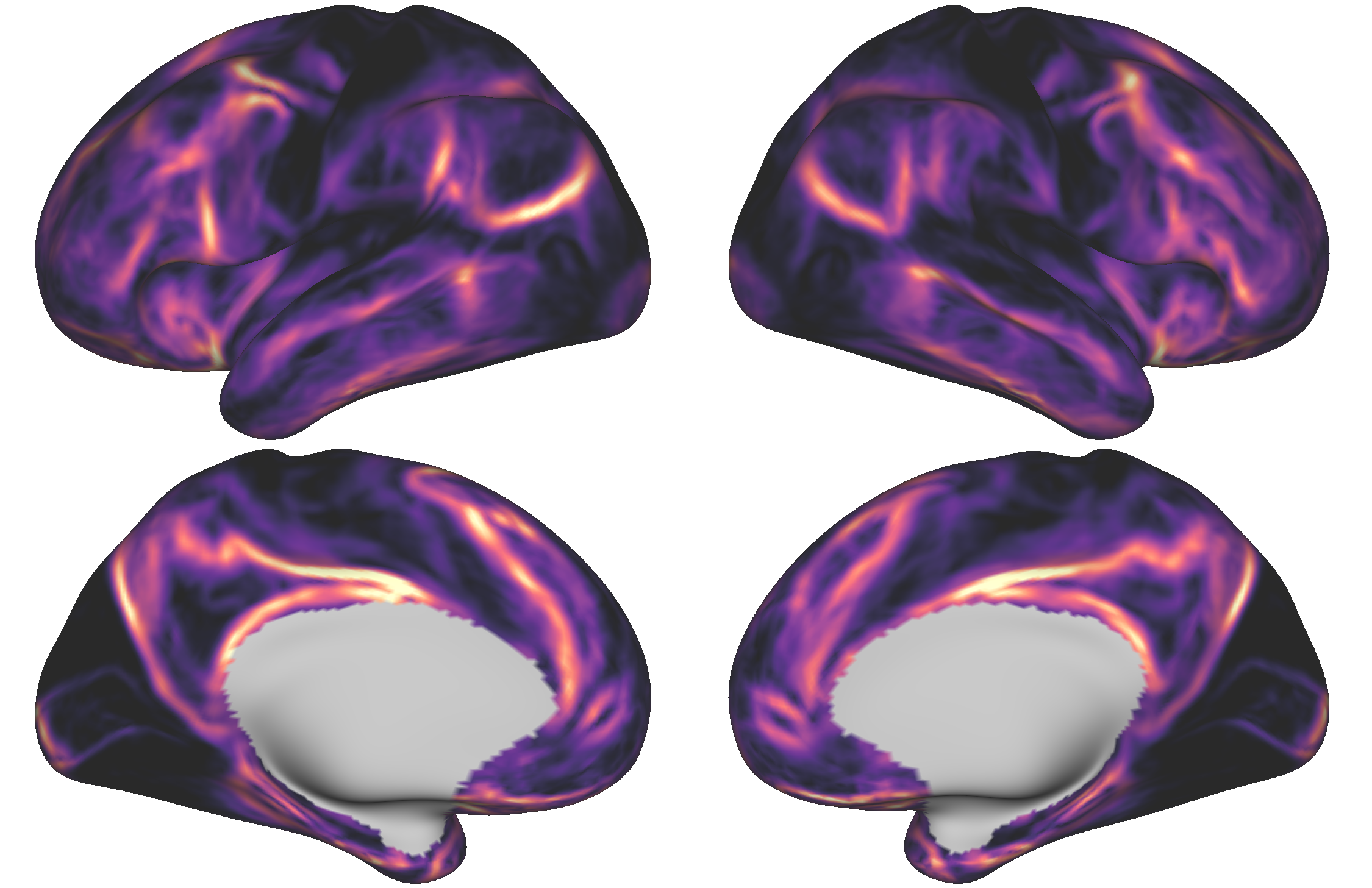Ongoing Research Projects
Rapid Acting Antidepressant for the Treatment of Opioid Use Disorder
Opioid use disorder (OUD) is a public health crisis and there is a challenge for clinicians to improve interventions with rapid and enduring benefit during the first three months of treatment. This study tests the efficacy of low-dose ketamine, a rapid-acting antidepressant, on craving, pain, sleep quality, mood, and drug use in people entering methadone treatment for OUD. For more information, click the button below to contact the research team.
Ketone Supplementation for the treatment of Opioid withdrawal
Opioid withdrawal is characterized by brain energetic deficits, and deficits in opiodergic signaling and ensuing hyperexcitability. This study aims to demonstrate that ketone supplementation may provide an alternative source of brain energy and boost endogenous opioid release in individuals opioid use disorder (OUD) during early treatment, reducing symptoms of craving and withdrawal. For more information, click the button below to contact the research team. *Note: this study is being conducted in southern Pennsylvania.
Charting brain network recovery during addiction treatment
Brain connectivity changes over time and in response to different environments and treatments. In this study we perform repeated brain scans in individuals throughout their treatment for substance use disorder, to show which aspects of brain function are ‘state-like’ (stable) and ‘trait-like’ (dynamic) during recovery. These markers of brain function can be used for future circuit-based neuromodulation therapies like low-intensity focused ultrasound. For more information, click the link below to contact the research team.



